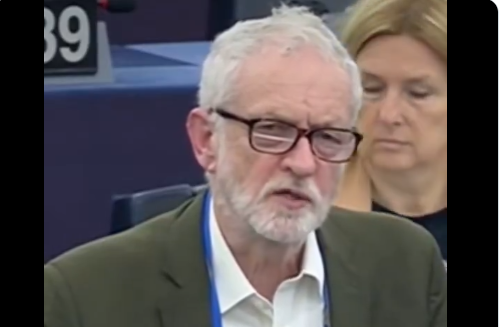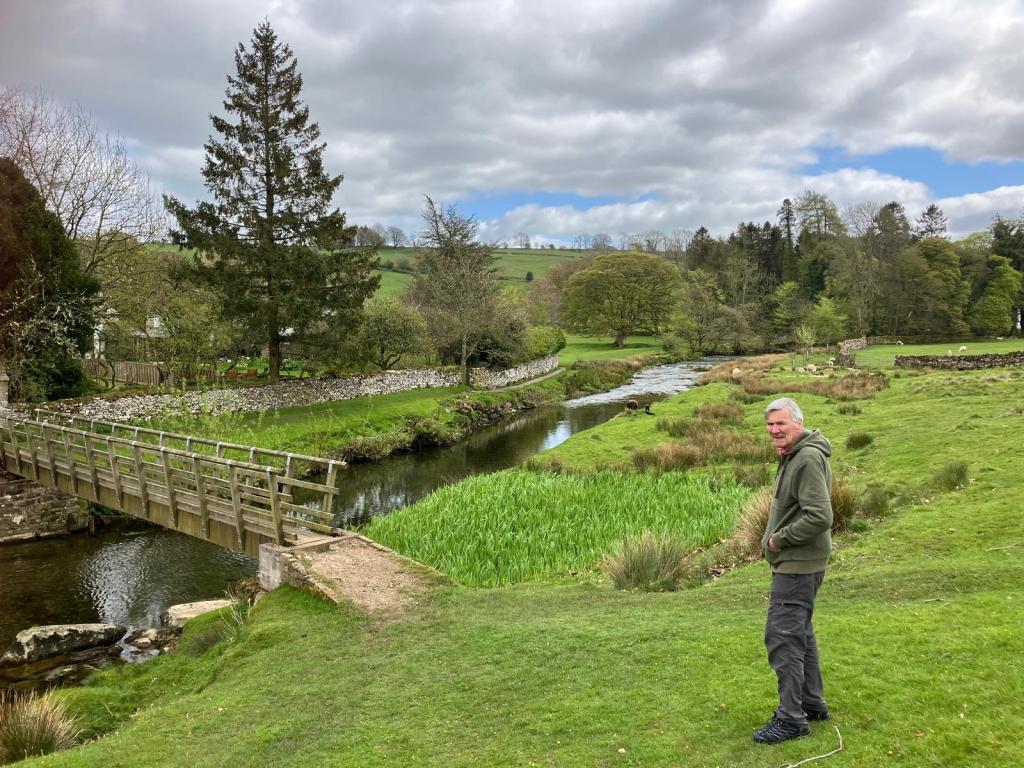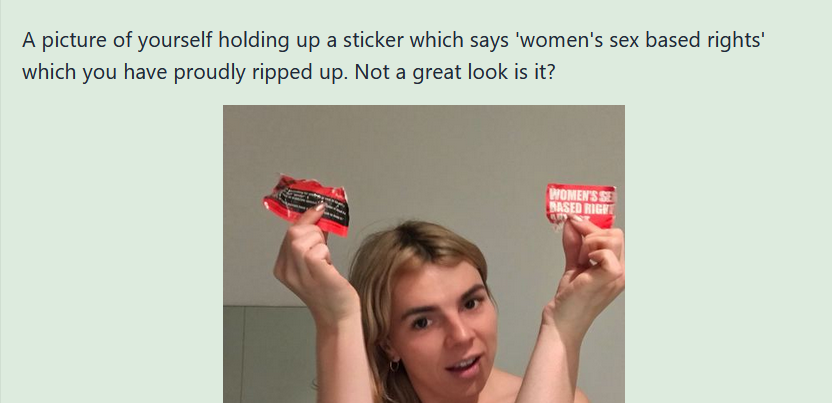Category: Uncategorized
-
Living with privatized ‘services’

The header pic is a screenshot from Southern Water’s latest self-promoting newsletter, passed to me in the week they managed to leave 31,000 households in Hastings with no water coming out of their taps, in some cases for five days straight. Southern’s incident updates made much of the fact that they set up three ‘water…
-
Why we all hate Southern Water

Over the last few years, as utility bills have pushed more and more of us onto the breadline, and increasing numbers are falling over the edge into destitution, Hastings has had numerous problems with both electricity and water supplies. Water is the big issue just now. In my part of town, the taps ran dry…
-
24 hours in the slough of despond

This is a long read, and it’s all about those times when the political gets really, really personal. I hope it’s useful, and hope it reads okay! Rocking and reeling and finding the way home Yesterday was one of those slough of despond days. I’d been on the edge since a sobering experience at a…
-
Cameron, Lord of the Manor, bringer of referendum

Header pic: detail from a Peter Brookes cartoon Do you remember those history lessons at school, where we learned about feudalism, and how it was an odd system they had in the UK centuries ago? A world where the people we now call citizens were called ‘serfs’ or ‘peasants’, and they and their work literally…
-
Girls with Balls

Yes, I know what you thought this was about, because I thought it too, when I saw Tim Tate’s book sitting on a library shelf but it was his idea of a joke, you see. The book is subtitled ‘The secret history of women’s football’. It’s all about how popular women’s football was during the…
-
Persecution, prejudice and propaganda

What do you make of a situation where a UN investigator reads a certain name, and says “out of nowhere, I was overtaken by a host of disparaging thoughts and almost reflexive feelings of rejection”? He says he didn’t even read the email about that person, because he’d been convinced this wasn’t a topic he…
-
Getting rid of Netanyahu won’t solve the problem

Don’t get me wrong – seeing Netanyahu out of his job and behind bars is probably a good first step on the long road to justice and peace. That has to happen but, now world leaders are (Finally! Will wonders never cease!) finding it hard to act as though nothing much is wrong in Israel,…


